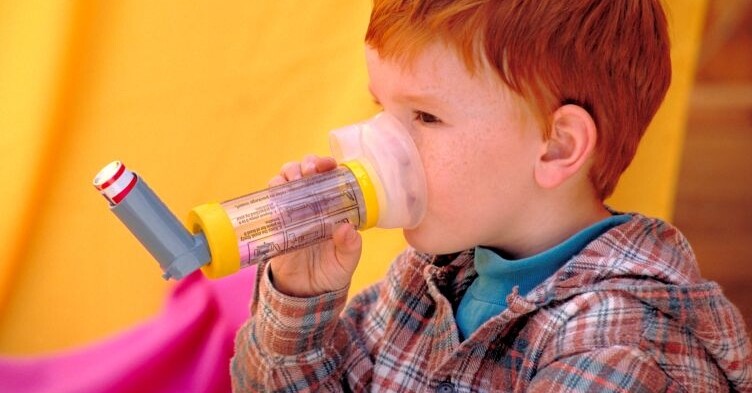Healthcare bosses must protect their staff

In recent times, quite rightly, society has started to realise that mental health is as important as physical health. Covid-19 obviously attacks the body but it is important to understand what it can do to the mind.
Related Article: NHSE confirms dates and eligibility for autumn Covid and flu jabs
Most particularly, the minds of healthcare staff, who nurse us back to health if we fall ill. Practice and community nurses, and midwives are under constant pressure at the moment. They are clearing the backlog after services were paused during lockdown, coping with the ‘new normal’ by wearing personal protective equipment and holding consultations virtually. And, of course, they are seeing their patients – who they might have got to know well – dying in unprecedented numbers.
Care home staff have suffered greatly during this pandemic and they seemed to have been abandoned by the Government early on in the crisis. In February the Government told care homes they were unlikely to see infections. Between 2 March and 12 June there were 19,394 Covid-related deaths in care homes in England and Wales, accounting for 29.3% of all deaths of residents in care homes, the Office of National Statistics (ONS) tells us.
Related Article: Practice dilemma: How can I diagnose asthma without access to tests?
This pressure nurses have endured would test the mettle of anyone. But nursing is already a stressful job – the rate of suicide among nurses is 23% above the national average, ONS figures show. And nurses have been dealing with this relentless pressure since March and continue to do so. For much of their work they are still doing face-to-face appointments – you can’t vaccinate or dress a wound virtually. They are treating increasingly anxious patients, which sometimes leads to them being abused. They will be at the forefront of the Government’s ‘expanded’ flu vaccination programme and if there is a second coronavirus wave, which seems ever more likely, they will deal with that too.
As the adrenaline of emergency mode wears off, burnout and depression could start to kick in. However, if staff take time off for anxiety and stress, that will put more pressure on those that remain, who are already struggling with staff shortages. Employers must make sure they are looking after their employees. They need to spot the signs if someone is in trouble, provide proper clinical mental health help where needed and ensure staff know where to get it. It would seem sensible to encourage them to take up their free flu jab. As mental health must be a priority but physical health must not be forgotten.
Related Article: Women who work night shifts more likely to have asthma
Employers have a duty to look after nurses, who do their jobs with dedication for much less financial reward than those working in less stressful jobs. Because if their bosses do not care for them, nurses will not be there for us – and we will need them if we fall ill.

See how our symptom tool can help you make better sense of patient presentations
Click here to search a symptom




